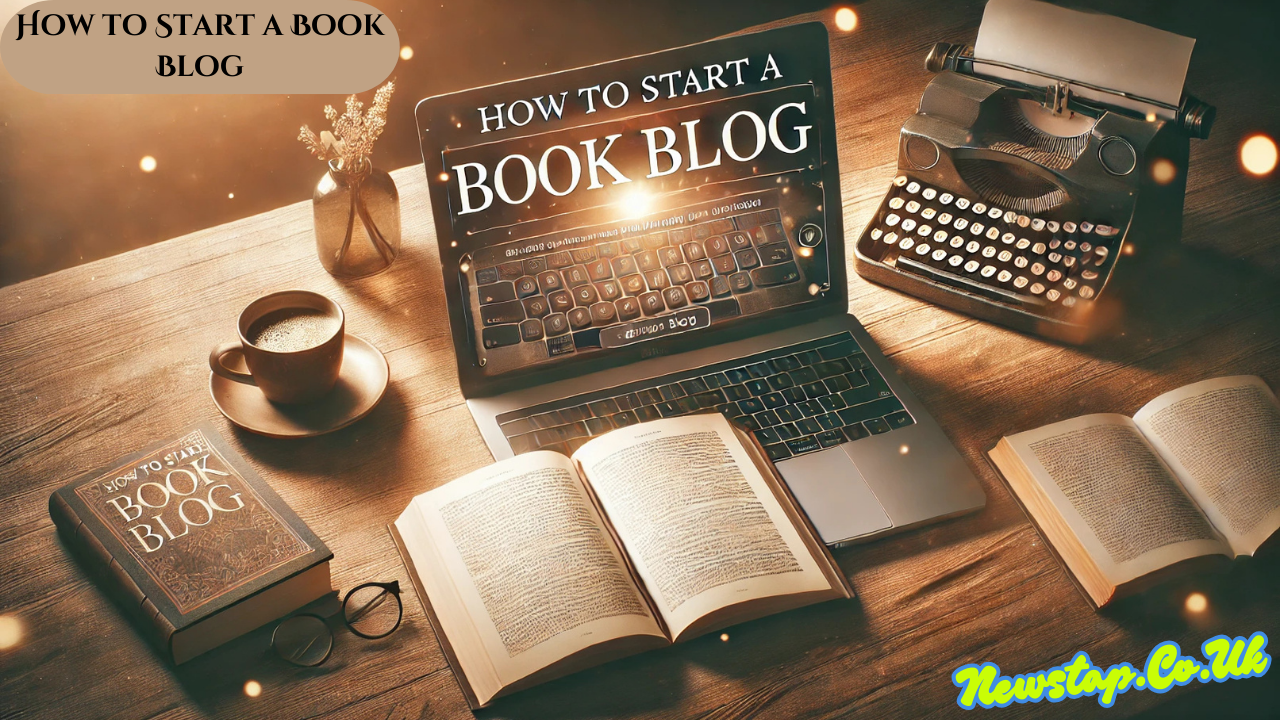Starting a book blog is a fantastic way to share your love for literature with like-minded readers, authors, and publishers. Whether you want to discuss your latest reads, review books, or dive into literary analysis, a book blog can be an enriching creative outlet. This guide will take you through the essential steps to start a book blog successfully, from choosing a niche to monetizing your content.
1. Define Your Niche and Blogging Goals
Before you dive into creating your book blog, it’s crucial to determine your niche and goals. Book blogging is a broad field, and defining a specific niche will help you attract a dedicated audience. Consider the following:
- Genre-Specific Blogging: Do you want to focus on a particular genre, such as fantasy, mystery, romance, or non-fiction?
- Book Reviews and Recommendations: Will you primarily post book reviews and recommendations?
- Author Interviews and Publishing Industry Insights: Are you interested in featuring interviews and discussions about the publishing world?
- Reading Challenges and Book Club Discussions: Will your blog host book challenges or discussions?
Once you have clarity on your niche, set realistic goals. Do you want to blog as a hobby, build a personal brand, or monetize your blog over time?
2. Choose a Unique and Memorable Blog Name
Your blog name is the first impression readers will have, so it should be unique, memorable, and relevant to books and reading. Here are some tips to choose a compelling blog name:
- Keep it short and easy to remember
- Include keywords related to books, reading, or storytelling
- Ensure the domain name is available
- Make it personal and creative
Use domain name generators if you’re stuck, and check social media platforms to ensure consistency across your online presence.
3. Set Up Your Book Blog
Once you have a name, it’s time to set up your book blog. Follow these steps:
a) Select a Blogging Platform
There are various blogging platforms to choose from, but some of the most popular include:
- WordPress.org (self-hosted) – Offers full control and customization options.
- Blogger – Free and simple but with limited customization.
- Wix or Squarespace – User-friendly with drag-and-drop functionality.
b) Purchase a Domain and Hosting
If you choose a self-hosted option like WordPress.org, you’ll need a domain and hosting. Reliable hosting providers include Bluehost, SiteGround, and Hostinger.
c) Install a Theme and Customize Your Blog
Choose a bookish or literary-themed template to reflect your niche. Customize the layout, fonts, and colors to create an inviting and readable space.
4. Plan Your Content Strategy
A successful book blog requires a well-thought-out content plan. Here are some key content ideas:
- Book Reviews: Share honest and detailed reviews.
- Reading Lists & Recommendations: Create seasonal reading lists or genre-based book recommendations.
- Author Spotlights and Interviews: Feature authors and discuss their works.
- Bookish Discussions: Share opinions on book adaptations, literary trends, and reading habits.
- Writing and Publishing Tips: If you’re also a writer, share insights on the publishing process.
Develop a content calendar to plan your posts in advance and maintain consistency.
5. Write Engaging and SEO-Optimized Blog Posts
To attract readers and grow your audience, your blog posts should be engaging and optimized for search engines (SEO). Here’s how:
- Write compelling headlines that grab attention.
- Use relevant keywords naturally throughout your content.
- Include high-quality images of book covers or reading setups.
- Use subheadings and bullet points for readability.
- End with a call to action (e.g., asking readers to comment or share the post).
6. Promote Your Book Blog
Creating great content is only part of the journey. You need to promote your blog to reach a wider audience. Here are some effective strategies:
- Leverage Social Media: Share posts on Twitter, Instagram, Facebook, and Pinterest.
- Join Book Communities: Engage in book forums, Goodreads groups, and blogging networks.
- Collaborate with Other Bloggers: Guest post on established book blogs or participate in blog tours.
- Use Email Marketing: Build an email list and send regular newsletters to your subscribers.
- Engage with Authors and Publishers: Tag authors in reviews and request advanced review copies (ARCs).
7. Monetize Your Book Blog
If you want to turn your book blog into a source of income, consider these monetization options:
- Affiliate Marketing: Promote books through Amazon Associates, Bookshop.org, or other affiliate programs.
- Sponsored Posts and Reviews: Work with publishers and authors for paid collaborations.
- Google AdSense and Display Ads: Run ads on your blog to generate revenue.
- Sell Your Own Products: Offer digital products like reading planners or writing guides.
- Patreon or Membership Tiers: Provide exclusive content to paying subscribers.
8. Stay Consistent and Keep Improving
Blogging requires dedication and consistency. Here are some tips to keep improving:
- Stick to a Posting Schedule: Whether it’s once a week or biweekly, be consistent.
- Engage with Your Readers: Respond to comments and emails.
- Analyze Your Performance: Use Google Analytics to track your traffic and refine your strategy.
- Keep Learning: Follow other book bloggers, read about SEO, and stay updated on literary trends.
Final Thoughts
Starting a book blog is an exciting and rewarding journey for any book lover. By defining your niche, creating valuable content, and promoting your blog, you can build a thriving community of readers. Whether you aim to share personal book reviews or make a career out of blogging, consistency and passion are the keys to success. Now, grab your favorite book, start writing, and embark on your blogging adventure!
Also Read: Should I Opt Out of AI Resume Screening? A Comprehensive Analysis



